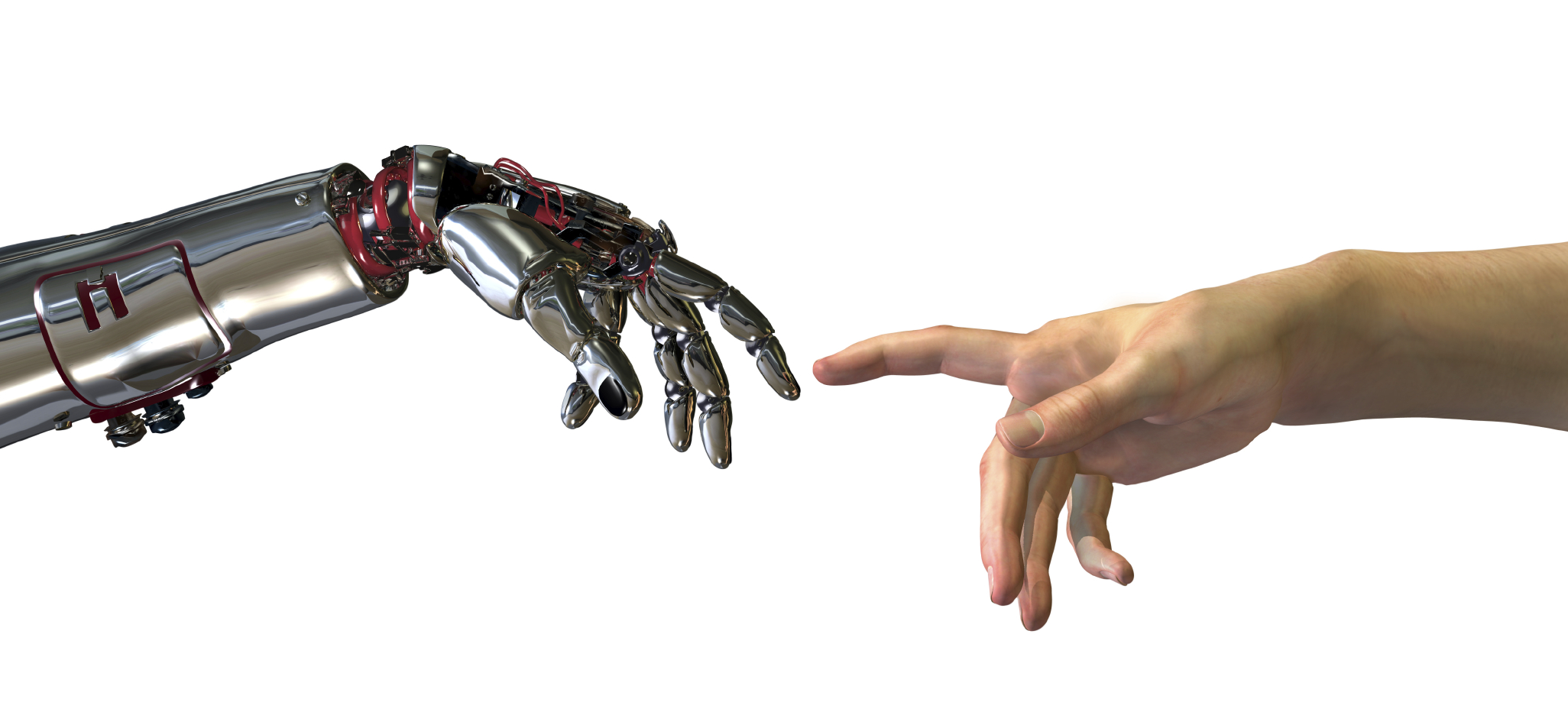Artificial intelligence could change the future of education
Artificial intelligence could change the future of education
Artificial intelligence has been used for many years on different fields: just think about chat-bots or the “Suggested friends” section of social media sites. In today’s article we will try to find out what the role of artificial intelligence could be in improving education.
In the beginning, an intelligent machine was only an accessory in science-fiction books and movies. However, nowadays artificial intelligence (or AI) and machine learning are one of the hottest topics and a prominent branch of Information Technology. In webshops, chatbots and automatic search engines help customers to pick the most suitable products; we “have a conversation” with Siri and Alexa; IBM’s artificial intelligence called Watson beats the best players in the TV show Jeopardy!
The technology is everywhere in our everyday lives - but how come that we do not take advantage of the possibilities of AI it on such an important field as education? Children sit in classrooms the same way they always have; they are still under the guidance of one single teacher. However, there are more ways we could use AI in education than we could imagine. But how?
The three aspects of education
There are three main aspects of the acquisition of new skills and knowledge (staying within a school environment): content, which are the skills and knowledge to acquire; the platform through which education takes place - be it a traditional classroom or an e-learning platform; and assessment. You can find innovative solutions on all three fields, such as the digitalisation of printed learning material, e-learning systems or the ever-changing types of assessment.
But the number of opportunities of the new technologies is infinite, and there is still a lot of room for improvement in connection with AI.

What would be the role of AI?
First and foremost let us be clear: we do not think that traditional teachers and tutors are replacable by a machine. However, thanks to the growing population there are more and more students, and it is becoming difficult to satisfy all the needs. That’s why the aim of artificial intelligence is not to replace human resources, but to supplement them and thus to take advantage of the collaboration between human beings and automated machines.
Customised content
Let us consider for example the first pillar of education: content. One of the global problems of general education is that there is only one type of textbook and one type of learning material for all students. But research shows that if you give personalised content instead of one-size-fits-all material to different students, the student will grow faster both intellectually and personally. They will acquire new knowledge faster, they will be able to progress at their own pace and according to their own fields of interest, and they will also be more confident thanks to the appropriate stimuli.
Fortunately, there are a few such solutions available on the market nowadays. Softwares, edutainment games and individuqal programmes help students with different needs and on different levels. At Régens we have also worked with gamification to make learning easier: our online board game Profity teaches economy to university students. This type of teaching could be great to complement with an artificial intelligence machine. Students with different skills and knowledge levels could work alone and together more efficiently with the help of AI-based learning material and the tutors themselves.
Artificial intelligence and the data coming from it could also help create new textbooks - and these could be associated with the individual students after their evaluation - so we could ensure that everyone gets the learning material most suitable for them. In today’s digitalised world, hundreds of different textbooks may be produced in an electronic form for a cheap price.
Complementing teachers’ work
There is already a kind of artificial intelligence whom you can ask questions and it will answer accordingly (if you think about it, Amazon Echo works the same way). There are also ones which help teachers make students understand Mathematics, statistics or practice writing. Bí doing this, they can provide a stable knowledge base for students - and tutors are able to work with it and create material and methodology based on it.
Assessment is the field of education where artificial intelligencec is widely used and the most developed. Research shows that in the case of those exams where two teachers are needed to evaluate the students’ work (to be able to come up with an unbiased result), one of them may be substituted with AI. Artificial intelligence is also able to analyse and evaluate written or spoken answers from students, and answer their questions. Multiple-choice and fill-in tasks are also easy to assess by an AI - so teachers can have more time to help students’ progress one by one.
However, the list is far from complete if you consider the advantages of AI which are actually used nowadays. What we still expect from education and AI by 2020:
- Virtual personal assistants, who can function as private teachers for each student, focusing on their individual differences
- Perfecting the assessment of students’ answers to questions
- Using virtual reality as an accessory to artificial intelligence to improve the quality of education
Using the data
Let’s not forget about the fact that we will have access to a lot of data in connection with the students if we use artificial intelligence in education. By using these data we will also be able to deepen our knowledge about the quality of education.
We often have to face the problem of “formal” questionnaires. They often produce false or biased results, since those who participate in the research don’t dare to give honest answers about their teachers. But if this is done by an intelligent device (during the actual learning process), then the students will give feedback unconsciously, and this can help researchers see a bigger and clearer picture of how well the education system works. Artificial intelligence could be used to evaluate a course, a school or even a whole country. We would be able to find out how individuals or classes develop; moreover, some teachers and stakeholders could get notifications if there is an irregular pattern in connection with performance.
By using this large body of data, statistics can be made, and certain correlations can also be observed between the performance of students and other factors - factors you may not even think of. And with this, more precise and customised textbooks and learning material may be created.
AI and education - the future
Although at the beginning was almost impossible to believe that chatbots would ever be able to replace a human, but nowadays artificial intelligence is becoming more and more popular and part of our everyday lives. But there is still a question: can AI supplement the work of teachers? Or is the relationship between a teacher and a student more personal? Can a machine not reproduce the experience? However it may be, there are a lot of unknown possibilities in the field - let’s hope we will get the answers to our questions soon.
Sources: Forbes, The Next Web, Venture Beat


